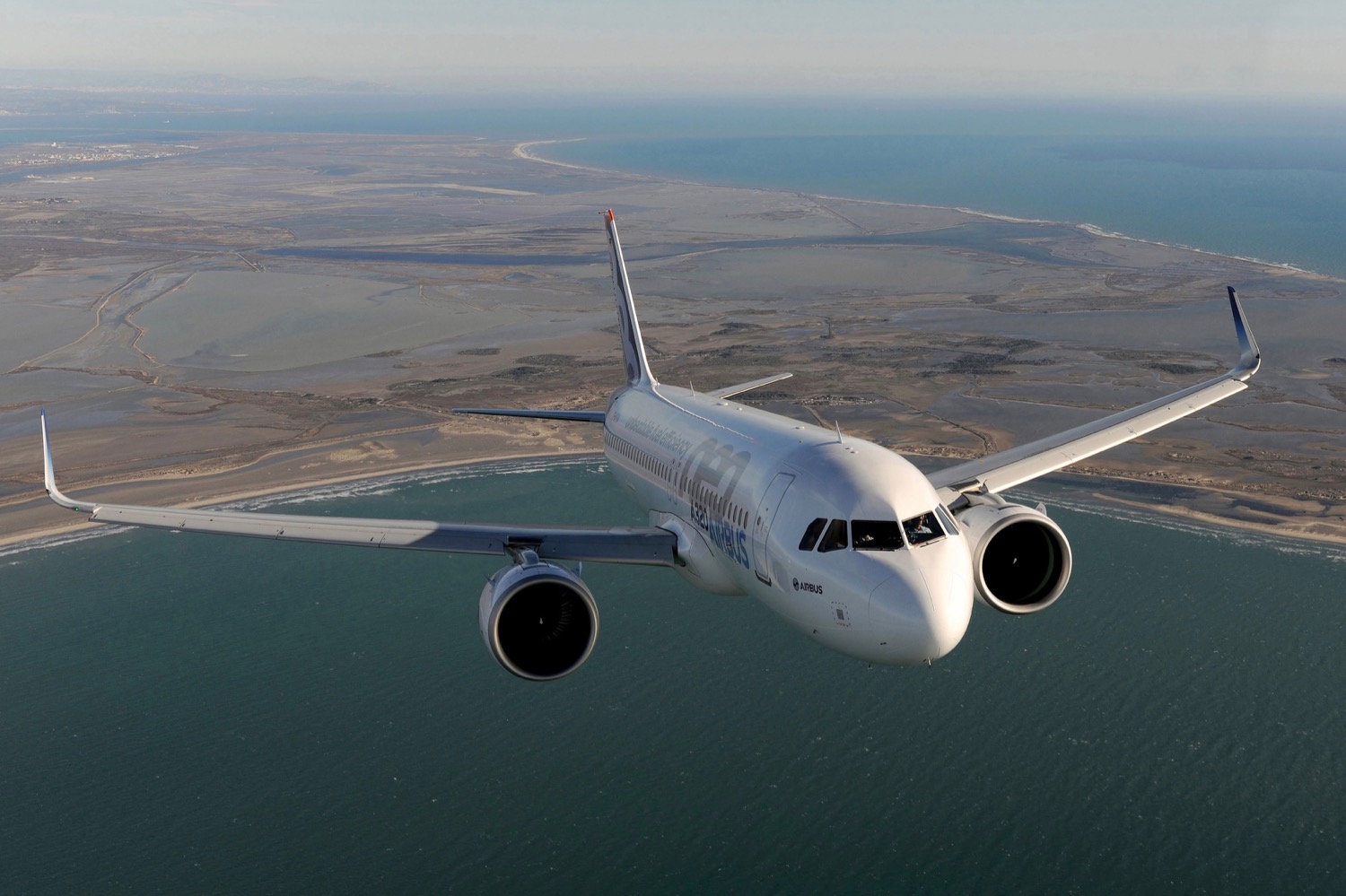
From electric power to autonomy, new technologies are poised to change the way we move around. But can manufacturing infrastructure keep up? LM Industries has developed an alternative method of manufacturing using small “microfactories” and a high-speed process of implementing design changes. The company will now get to pair its fast-paced production model with the resources of Airbus. The aviation giant is partnering with LM Industries on Neorizon, a joint venture intended to commercialize new technologies at a faster pace.
“I like to think of it as the future of mobility, today,” LM Industries CEO Jay Rogers told Digital Trends. Rogers believes current manufacturing infrastructure is too slow to keep up with the pace of technology, and wants to make manufacturing hardware more like software development.
As a Marine serving in Iraq, Rogers said he saw his fellow soldiers killed in vehicles that couldn’t be upgraded quickly enough to deal with battlefield conditions. He pointed to the recent grounding of Boeing 737 Max airliners as evidence that even a strict regulatory culture can still get things wrong. It wasn’t always this way, Rogers noted, pointing to the World War II P-51 Mustang fighter plane as an example. The P-51 wasn’t that great out of the box, but a series of upgrades — most notably the use of the Rolls-Royce Merlin engine in place of the original Allison engine — turned it into a war winner.
LM Industries, which has developed ground vehicles such as the crowdsourced Local Motors Rally Fighter, the Strati 3D-printed electric car, and the Olli autonomous shuttle, wants to apply a similar approach to modern aviation, Rogers said. Neorizon is a 50/50 joint venture between the company and Airbus, with plans for a headquarters and factory on the grounds of Airbus’ Ludwig-Bölkow campus near Munich, Germany.
“We’ve been working with LM Industries’ team at Local Motors since early 2016 when we realized the unique value proposition surrounding direct digital manufacturing and open source design,” Peter Weckesser, digital transformation officer at Airbus Defense and Space, said in a statement. “Both parties recognized the commercial opportunities for pooling resources and expertise, specifically combining LM Industries’ digital manufacturing with Airbus’ materials expertise, metal 3D printing and additive manufacturing, and prototyping and serial production capabilities.”
What that combination will produce is unclear. Neorizon will focus on aviation, but Rogers was quick to note that the joint venture won’t be building the next Airbus airliner. In addition to hardware, LM Industries and Airbus may focus on specific aspects of air travel, such as baggage handling and air traffic control, Rogers said. The growing interest in using aircraft as flying taxis or delivery vehicles could present new opportunities as well, according to Rogers. Whatever it is Neorizon develops, Rogers hopes to have a commercially-viable product ready in less than the 10 years it takes to develop the average new airframe.
“We know we’re doing better if we do it in less than 10 years.”


